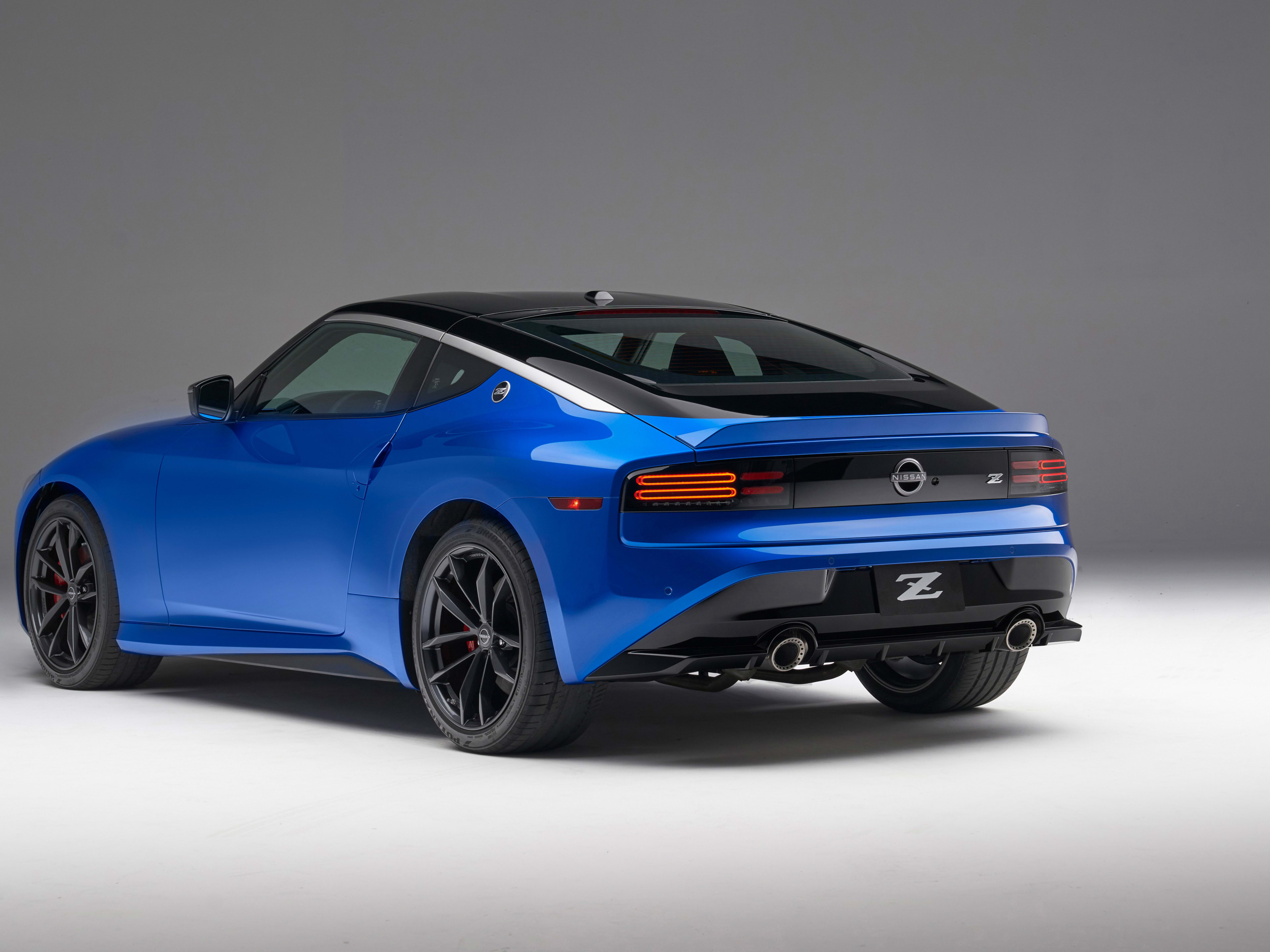After nearly seven years of intense regulatory scrutiny, the National Highway Traffic Safety Administration (NHTSA) has officially closed its investigation into more than 2 million Nissan vehicles over concerns of rear suspension failure — and it’s doing so without demanding a recall.
The Investigation That Started It All
The agency’s probe, originally opened in 2018 and upgraded to an engineering analysis in 2019, focused on whether corrosion could lead to the lower rear control arm separating from the chassis. The investigation covered 2013–2018 Nissan Altima and 2016–2018 Maxima models, representing a substantial portion of Nissan’s sedan lineup during those years.
What’s particularly striking about this case is the scope versus the actual incidents. While more than 1,300 owner complaints were examined, only one incident involved actual contact — a minor bump into a trailer hitch. No injuries were reported.
Nissan’s Proactive Strategy
Rather than waiting for regulatory enforcement, Nissan took decisive action that ultimately impressed federal safety officials. The case revolved around corrosion accelerated by road salts used in colder U.S. states. Nissan acknowledged that a crack could form in the control arms due to routine stress and salt exposure, especially on high-mileage vehicles (the average odometer reading in these reports exceeded 113,000 miles).
Three-Pronged Solution
The automaker introduced a redesigned part in January 2018 and launched a “customer satisfaction campaign” in 2019, replacing the component in more than 47,000 vehicles and extending the warranty coverage to 10 years for many affected owners.
This comprehensive approach demonstrated to regulators that Nissan was serious about addressing potential safety concerns before they became widespread problems.
The Broader Regulatory Shift
The NHTSA has become increasingly selective about issuing recalls in recent years, often opting to close cases when manufacturers proactively address faults through internal fixes or extended warranties — as Nissan did here.
Industry Implications
This decision reflects a significant evolution in how federal safety regulators approach automotive defects. Rather than defaulting to costly, disruptive recalls, NHTSA appears more willing to accept manufacturer-initiated solutions that adequately address safety concerns.
What This Means for Consumers
For affected vehicle owners, the lack of a recall doesn’t necessarily mean the issue is closed forever. Owners in affected states are still advised to check for campaign PC690 and ensure their suspension components are up to spec.
The timing is particularly notable as the decision comes just several days after the agency opened a far newer probe into 1.2 million Ram trucks over a separate defect, which suggests that while NHTSA may be backing off Nissan, it’s still keeping a close eye on automakers elsewhere in the industry.
This case establishes a new playbook for automotive manufacturers: proactive engagement, comprehensive solutions, and extended customer protection can potentially prevent regulatory enforcement actions.
Frequently Asked Questions
Q: Are 2013-2018 Altimas and 2016-2018 Maximas still safe to drive?
A: Yes, but owners should check for campaign PC690 and monitor suspension components regularly.
Q: Will Nissan still honor extended warranties for affected vehicles?
A: Yes, the 10-year extended warranty coverage remains in effect for qualifying owners.
Q: Could NHTSA reopen this investigation in the future?
A: Potentially, if new safety incidents emerge or complaint patterns change significantly.
Also Read:-New Lanzante 95-59 Is a Three-Seat Beast With 850bhp Power
